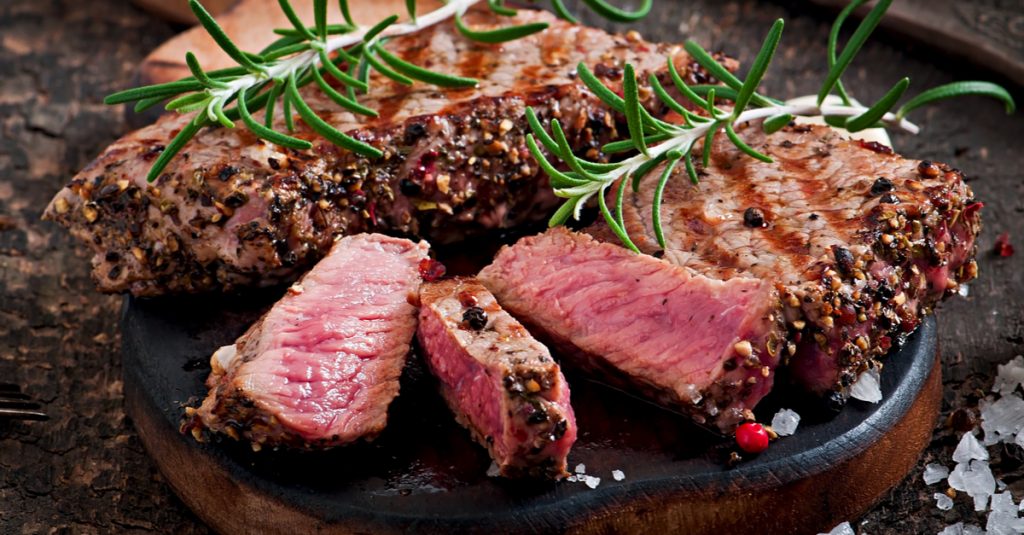Kansas legislators found out yesterday that taxing soda is not the easy, controversy-free way to raise revenue they probably thought it would be. Hundreds of soft-drink bottlers, convenience store owners, and restauranteurs descended on the Statehouse in Topeka to voice their opposition to a measure that would impose a 0.4 cent tax on every teaspoon of sugar in non-diet sodas, sports drinks, and other sugared beverages. That would amount to about 5 cents for every 12-ounce can.
Lawmakers thought that slapping a $40 million soda tax on consumers would help eliminate a $467 million state budget deficit. Instead, the proposal generated a groundswell of opposition. So many soft drink workers showed up at the Kansas Senate Tax Committee hearing that some bottling plants shut down for the day.
This protest is just the latest sign of growing discontent against cash-strapped politicians who look to soda taxes to raise money in the name of public health. Industry representatives are increasingly making it clear that soda taxes don’t promote better health and will only cost jobs in a troubled economy. They argue it’s unfair to single out soft drinks when other sources of calories are just as much to blame for rising rates of diabetes and obesity. Kansas restaurant owners are saying the tax would force them to raise soft-drink prices for customers or cut costs elsewhere.
We reported earlier this week about opposition to a proposed soda tax in Philadelphia. Mayor Michael Nutter wants to add a tax of 2 cents per ounce on sweetened beverages as a way to raise $77 million in revenue. Opposition to that plan appears to be building as well. Local retailers and the Teamsters Union argue that the soda tax would kill at least 1,000 jobs out of the 13,000 food-store jobs in the city. They also predict that some of area’s 2,000 beverage industry jobs will be lost. Danny Grace of Teamsters Local 830 told the Philadelphia Inquirer, “If the mayor was successful in passing this new bill, I believe we will lose about 50 percent of our members in soda today, because less sales equals less volume, and less volume means loss of jobs.”
It looks like politicians may be getting the message. At a city council hearing yesterday, many council members questioned the wisdom of a soda tax. “I can’t be supportive of any kind of a tax increase until I’m convinced that this government is sized properly and running as efficiently as it can,” said Councilman Frank Rizzo. Other council members predict the Nutter tax will go nowhere. Democratic whip Darrell Clarke told a local Fox TV affiliate, “I’m just not seeing the support for it.”


